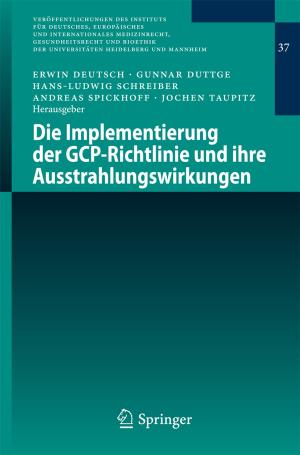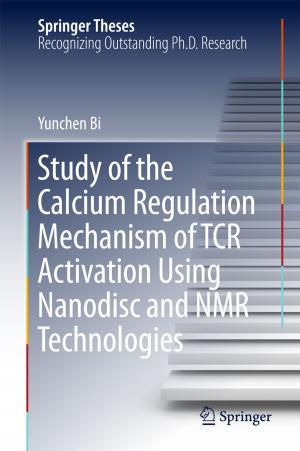The Conduct of a Cooperative Clinical Trial
Nonfiction, Health & Well Being, Medical, Reference, Biostatistics, Specialties, Oncology| Author: | M. Isley, K. E. Stanley, J. Stjernswärd | ISBN: | 9783642816307 |
| Publisher: | Springer Berlin Heidelberg | Publication: | December 6, 2012 |
| Imprint: | Springer | Language: | English |
| Author: | M. Isley, K. E. Stanley, J. Stjernswärd |
| ISBN: | 9783642816307 |
| Publisher: | Springer Berlin Heidelberg |
| Publication: | December 6, 2012 |
| Imprint: | Springer |
| Language: | English |
The purpose of this monograph is to address the basic mecha nisms for organizing trials. Is is meant to serve as a guide to individuals planning to form a cooperative group as well as to cooperative groups who wish to revise and refine their existing procedures. Current literature deals with many components of conducting clinical trials, such as trial design considerations, randomization, and methods of analysis. But there is a lack of accessible knowledge concerning data flow, data processing, and group organization which causes difficulty for many multi institutional cooperative trials. Multi-institutional cooperative studies require greater atten tion to detail than studies within a single institution. For single institution studies, a single protocol document may be suffi cient. In a cooperative group, however, it is necessary to standardize various aspects where little variation may be pre sent in a single institution study. Patients must be entered in a uniform fashion, data collection and evaluation should be standardized, and there must be a mechanism to insure the timely collection of essential data.
The purpose of this monograph is to address the basic mecha nisms for organizing trials. Is is meant to serve as a guide to individuals planning to form a cooperative group as well as to cooperative groups who wish to revise and refine their existing procedures. Current literature deals with many components of conducting clinical trials, such as trial design considerations, randomization, and methods of analysis. But there is a lack of accessible knowledge concerning data flow, data processing, and group organization which causes difficulty for many multi institutional cooperative trials. Multi-institutional cooperative studies require greater atten tion to detail than studies within a single institution. For single institution studies, a single protocol document may be suffi cient. In a cooperative group, however, it is necessary to standardize various aspects where little variation may be pre sent in a single institution study. Patients must be entered in a uniform fashion, data collection and evaluation should be standardized, and there must be a mechanism to insure the timely collection of essential data.















